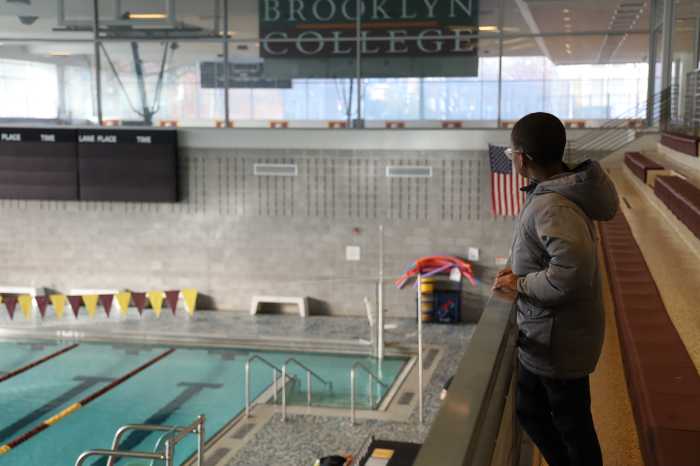It could cost the city $250,000 to clean up a mess left by a bedbug exterminator whose shoddy work has forced PS 197 and two other schools to quarantine seven classrooms where dangerous pesticides lurk.
A school source said the workers for the exterminator, Joe’s Pest Control, which was operating without a contract at the behest of the Department of Education, left behind a malodorous, oily substance inside classrooms at the school on E. 22nd Street between Kings Highway and Avenue O. The substance has since soaked into books and school equipment, which now need to be replaced.
Also affected was one classroom in IS 381, which shares space with PS 197, and two rooms at PS 217 on Newkirk Avenue at Westminster Road.
Department of Education spokeswoman Marge Feinberg said the city has stopped using the exterminator, and is demanding it pay for decontamination — which could cost $250,000, according to the teacher’s union.
Feinberg said it was too soon to determine what the actual cost would be. “But whatever the cost is, we’re going to make sure the vendor pays.” She refused to discuss what happens if the vendor decides not to pay.
State environmental officials are investigating what exactly Carroll Gardens-based Joe’s Pest Control used in the rooms.
Thomas Panzone, a spokesman for the Department of Environmental Conservation, said he could not provide any more details, since “the investigation of the application of the pesticides by the pesticide applicator is ongoing.”
The full investigation could span a few weeks.
Even though the dangerous pesticides were left behind, officials say the exterminator did solve what they felt was a minor bed bug problem.
“There was no infestation,” said parent coordinator Katherine Gray. “But it was taken care of.”
Feinberg stressed the school is not overrun by the bugs, which have made their presence felt across the borough, from the district attorney’s office to this newspaper.
“The instances of bugs are one or two at a given time,” she explained, adding that the city takes a proactive approach when the six-legged creatures are spotted, since they can reproduce so rapidly.
The problems the pesticides cause could go beyond damaged books and closed classrooms.
According to the not-for-profit advocacy group Beyond Pesticides, children are especially vulnerable to health hazards associated with pesticide exposure because of their small size, greater intake of air and food relative to body weight, and developing organ systems. Even at low levels of exposure, the chemicals can affect young respiratory, neurological, immune, and endocrine systems.
























